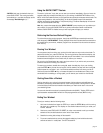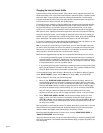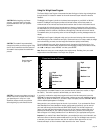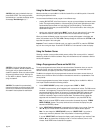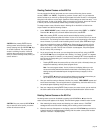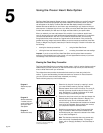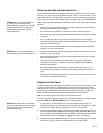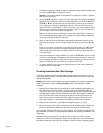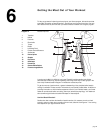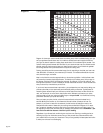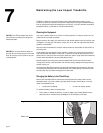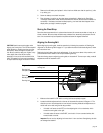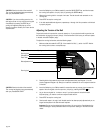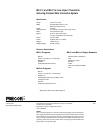
page 29
To help you get started in planning and carrying out your fitness program, this section provides
some basic information on aerobic exercise—such as how hard you should work out, how long
each session should be, and how often you need to exercise to benefit from a regular program.
Getting the Most Out of Your Workout
6
Diagram 14
1. Trapezius
2. Deltoid
3. Pectorals
4. Rhomboids
5. Triceps
6. Biceps
7. Latissimus Dorsi
8. Forearm Flexors/Extensors
9. Abdominals
10. Erector Spinae
11. Gluteals
12. Hip Flexors
13. Quadriceps
14. Hamstrings
15. Gastrocnemius/Soleus
16. Peroneus Longus/Brevis
9
16
6
12
2
1
4
3
16
1
8
5
8
13
14
15
11
10
7
A workout on the M9.21i or M9.21si Low Impact Treadmill provides excellent and efficient
cardiovascular conditioning, while strengthening and toning all the major muscle groups in the
lower body. Darkened areas in Diagram 14 indicate the muscles improved.
To get the most out of each workout, a general understanding of the principles behind aerobic
training is invaluable. The best source of information is your specialty fitness dealer. In addition to
providing information on which exercise equipment is best for your individual needs, your fitness
dealer can provide useful advice on training, technique, and exercise physiology. Your dealer can
also recommend good books and audio/video tapes on these subjects.
How Hard Should I Exercise?
Studies show that to achieve the benefits of aerobic exercise, it is necessary to work out hard
enough to raise your heart rate to a certain minimum level, called the “training zone.” Your training
zone depends on your age and level of fitness.
Muscles improved



